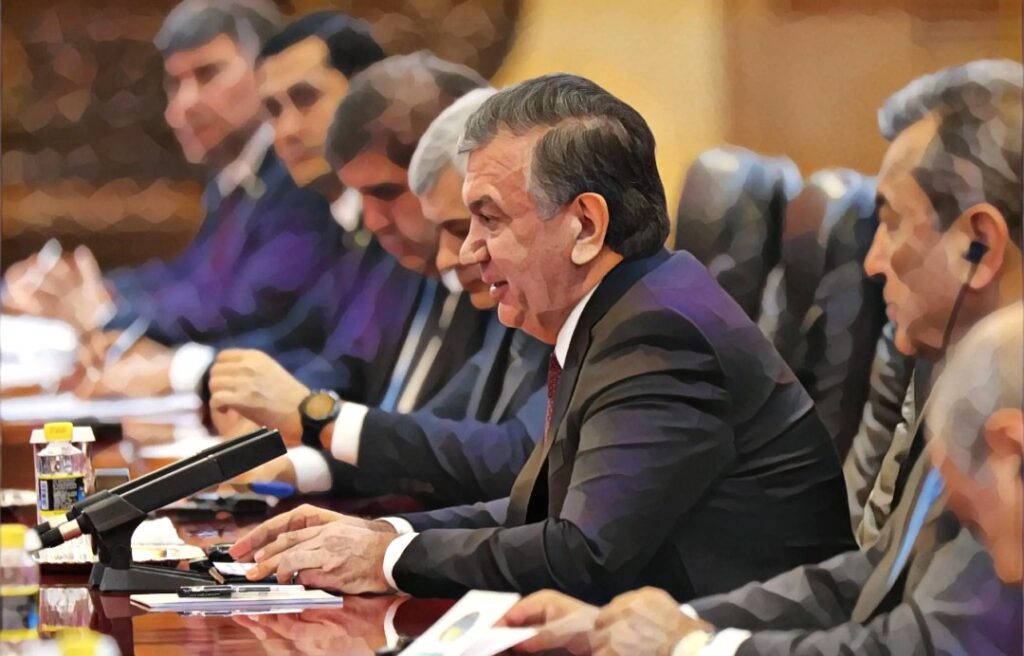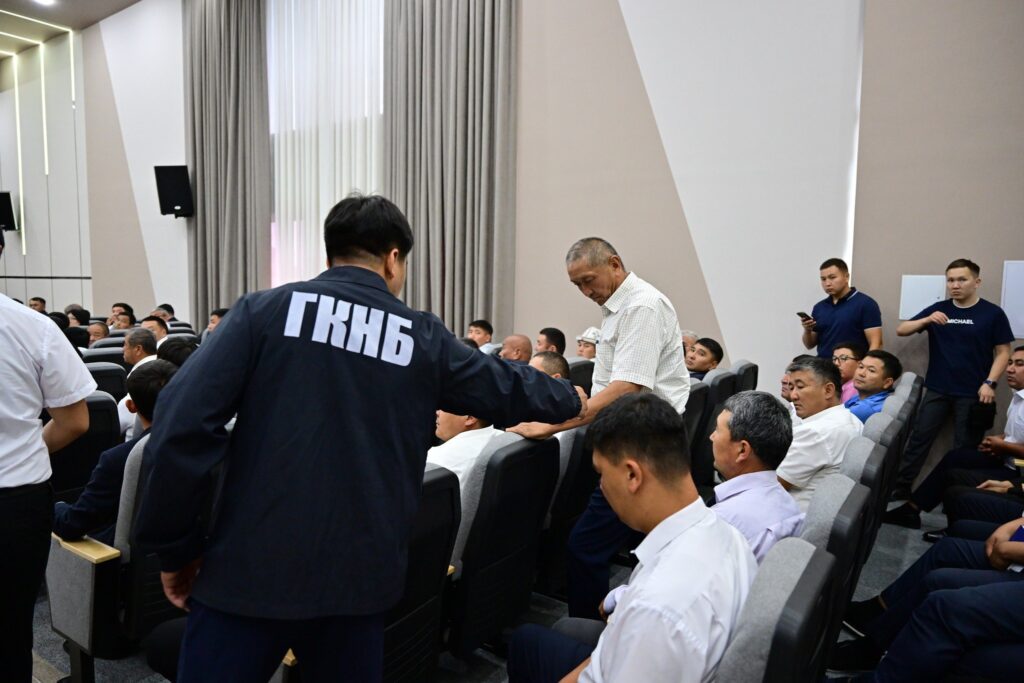Uzbekistan Uncovers Large-Scale Corruption, Files Charges Against Senior Interior Officials
Uzbekistan has launched criminal proceedings against senior officials in the Ministry of Internal Affairs as part of a sweeping anti-corruption campaign that has exposed extensive financial violations across the country. At a government meeting on January 27, President Shavkat Mirziyoyev announced that investigations had uncovered 53 trillion Uzbekistani som ($4.38 billion) in financial irregularities and misappropriated funds. Of that, damage linked directly to corruption schemes totaled 4.2 trillion som ($347.3 million), according to a statement from the president’s press secretary. Authorities reported that 1.3 trillion som ($107.5 million) in damages has already been recovered, and 55 individuals have been arrested nationwide in connection with corruption-related activities. Among the highest-profile cases is one involving the Ministry of Internal Affairs. Criminal proceedings have been initiated against Deputy Interior Minister Bekmurod Abdullayev and Rustam Tursunov, head of the ministry’s Penitentiary Department. Investigators allege that 186 billion som ($15.38 million) in budget funds were embezzled through fraudulent state procurement schemes within the ministry. “Every single som of state money will be placed under strict and effective control. Responsibility is inevitable, and punishment will be severe,” Mirziyoyev said during the meeting. In addition to budget-related losses, audits also identified more than $8 billion in debt associated with foreign trade operations. Mirziyoyev described the findings as alarming and announced the introduction of internal compliance and anti-corruption systems across government bodies and state enterprises. He also addressed personnel management within law enforcement. Despite mandatory retirement ages, 55 for colonels and 60 for generals, over 300 officers exceeding these limits are reportedly still in leadership roles. By contrast, all top officials in the Ministry of Emergency Situations are currently under 50 years old. Mirziyoyev underscored the need to promote a new generation of professional and accountable young leaders while also harnessing the expertise of retired or soon-to-retire officers through mentorship and youth engagement programs. The meeting concluded with directives to conduct a critical review of officials responsible for oversight and security in state institutions. The initiative is part of a broader effort to strengthen financial discipline and governance throughout the public sector.






